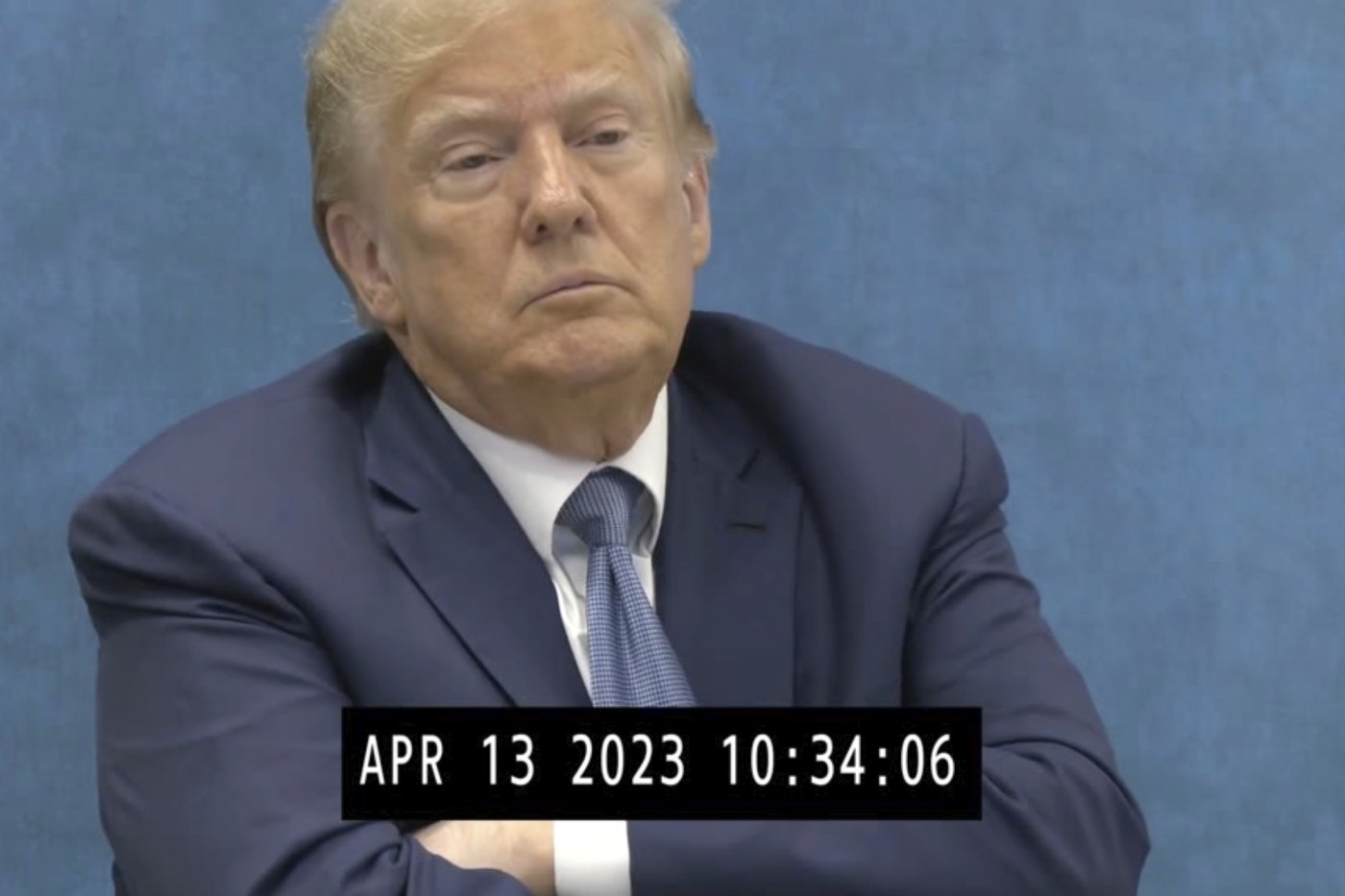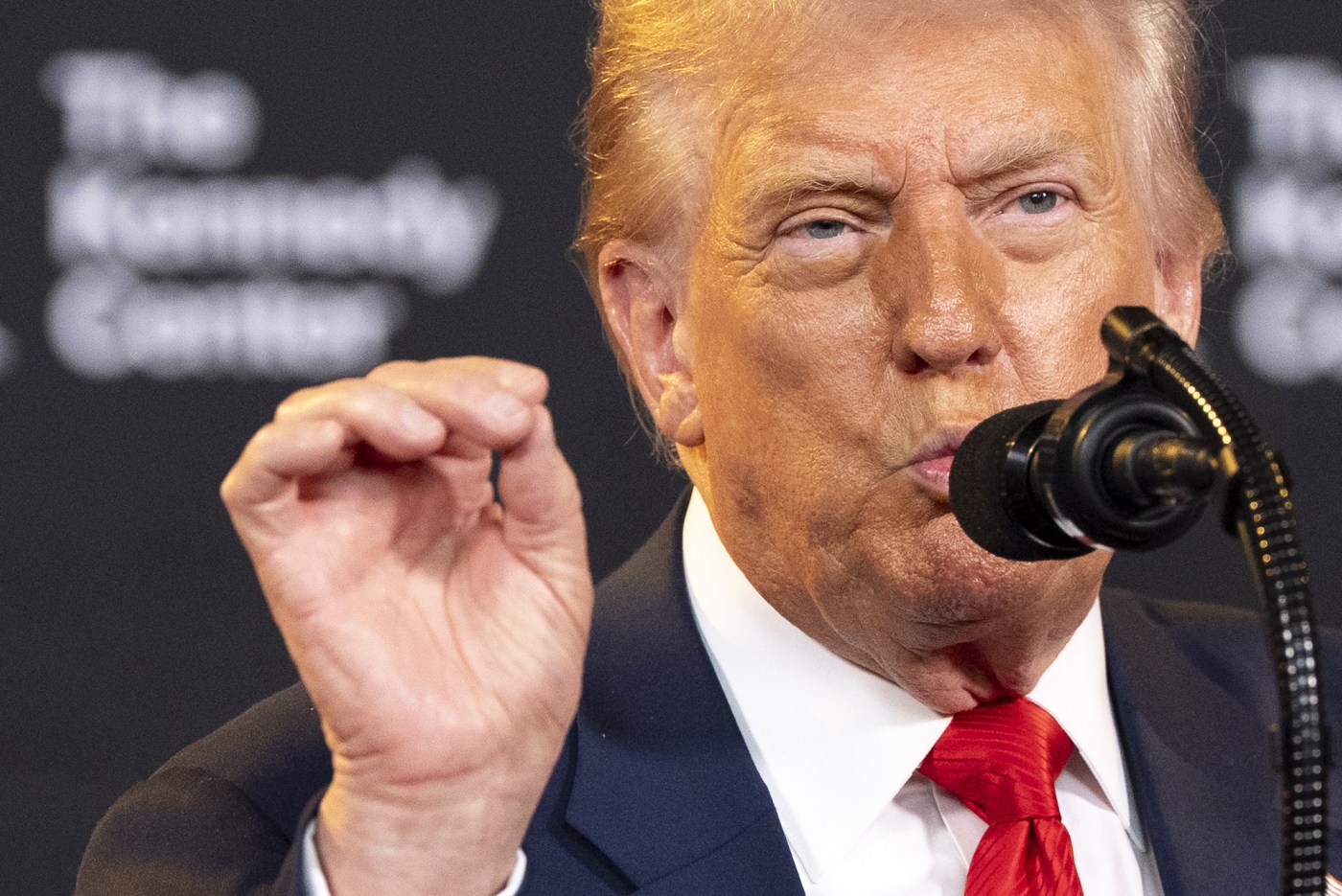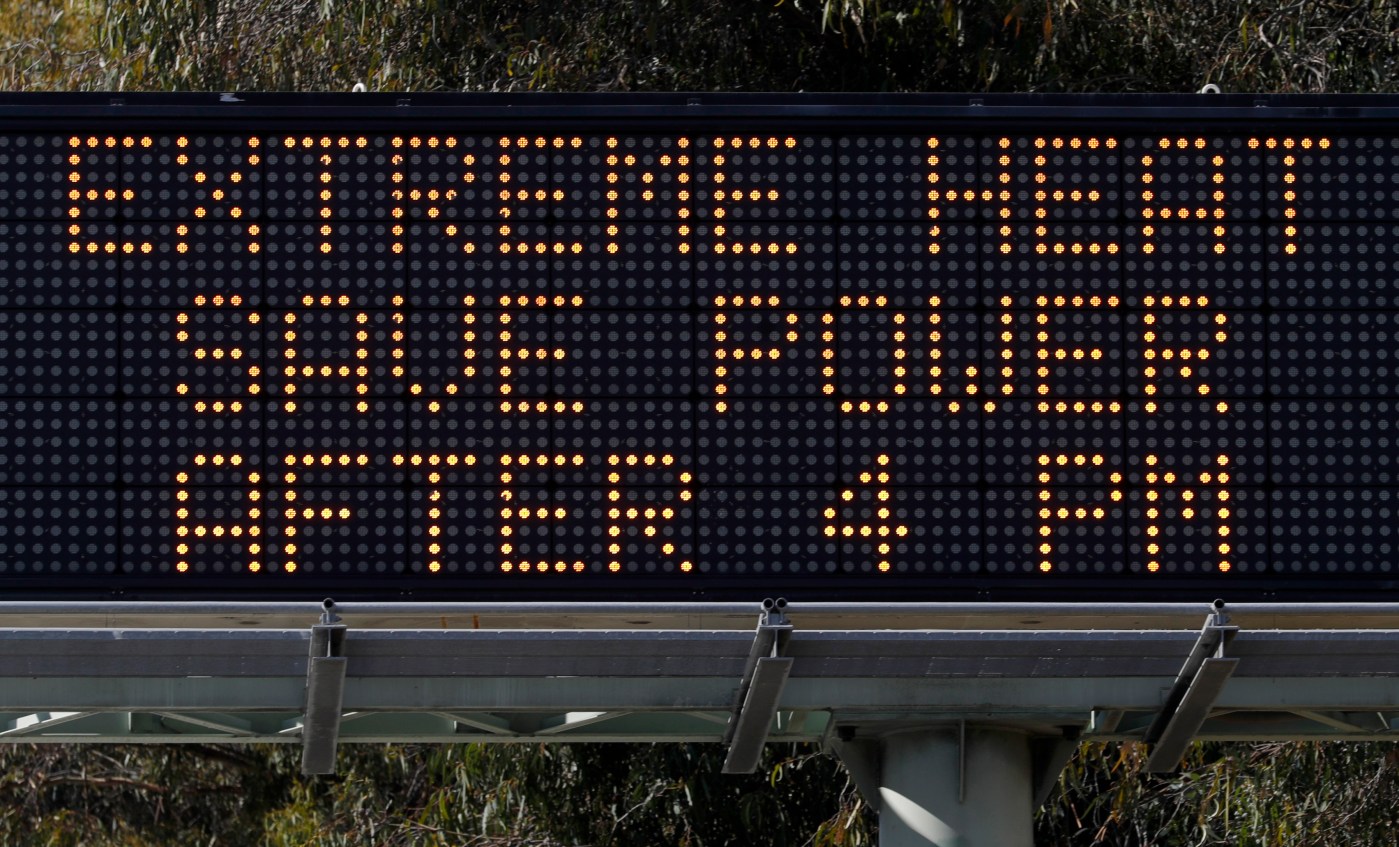By Erik Larson, Bloomberg
A New York appeals court struck down a $464 million fraud fine against President Donald Trump and his company, handing him a victory over the state’s attorney general.
In a decision issued Thursday, the Manhattan appellate court still found that Trump broke the law by inflating the valuation of assets like Mar-a-Lago and his Trump Tower penthouse, but it said the massive penalty was unconstitutionally “excessive.”
Related Articles
Trump administration strips California’s education grant over ‘radical gender ideology’
University of California pulls $1.5 billion bond amid Trump spat
Crypto founder pardoned by Donald Trump turns focus to biohacking
Elon Musk must face fraud lawsuit over 2024 election sweepstakes
Sen. Adam Schiff opens legal defense fund amid talks of DOJ probe
The long-awaited ruling by an intermediate state appeals court wipes out one of Trump’s biggest financial liabilities. It also puts fresh pressure on New York Attorney General Letitia James, who has become the focus of a federal probe into whether her lawsuit violated Trump’s legal rights.
The politically charged decision resulted in the five-judge panel issuing three separate opinions. The majority ultimately concluded that Trump violated the law by inflating his assets, but nevertheless threw out the massive fine.
Most of Trump’s legal woes melted away after his election victory. The Justice Department dropped two federal criminal cases against Trump, citing a longstanding policy against prosecuting a sitting president. While Trump was convicted in his hush money case in Manhattan, a judge sentenced him to no jail time at a hearing 10 days before his inauguration — following a US Supreme Court ruling that gave the president broad immunity.
James filed the case against Trump and his sprawling real estate company in September 2022, more than two years before his successful bid to retake the White House. She won the case after an 11-week trial. The development raises questions about whether James, a Democrat and staunch critic of Trump, will seek to reinstate the penalty by appealing the decision to the state’s highest court in Albany.
Trump argued that his method of valuing his real estate was typical of the industry and that disclaimers on his financial statements advised banks they should do their own valuations anyway. One of his biggest defense arguments was that no banks lost money on his loans, and the state didn’t dispute that.
On Aug. 8, people familiar with the federal probe into James’ civil lawsuit against Trump said Justice Department officials had convened a grand jury and sent subpoenas to James’s office. The subpoena also seeks information on James’s case against the National Rifle Association, said one of the people. The probe is being run out of Albany, New York.
Abbe Lowell, a lawyer for James, said at the time that the investigation is a “blatant and desperate example of this administration carrying out the president’s political retribution campaign.”
Trump has long criticized James as well as Justice Arthur Engoron, who oversaw the non-jury trial, calling both of them biased against him because he’s a Republican.
Trump has also appealed his conviction in the hush money case, seeking to erase his criminal record. He has also appealed two civil jury verdicts against him in lawsuits brought by E. Jean Carroll, who sued him for sex abuse and defamation and won nearly $90 million in total damages. Trump has maintained innocence throughout.
More stories like this are available on bloomberg.com
©2025 Bloomberg L.P.





